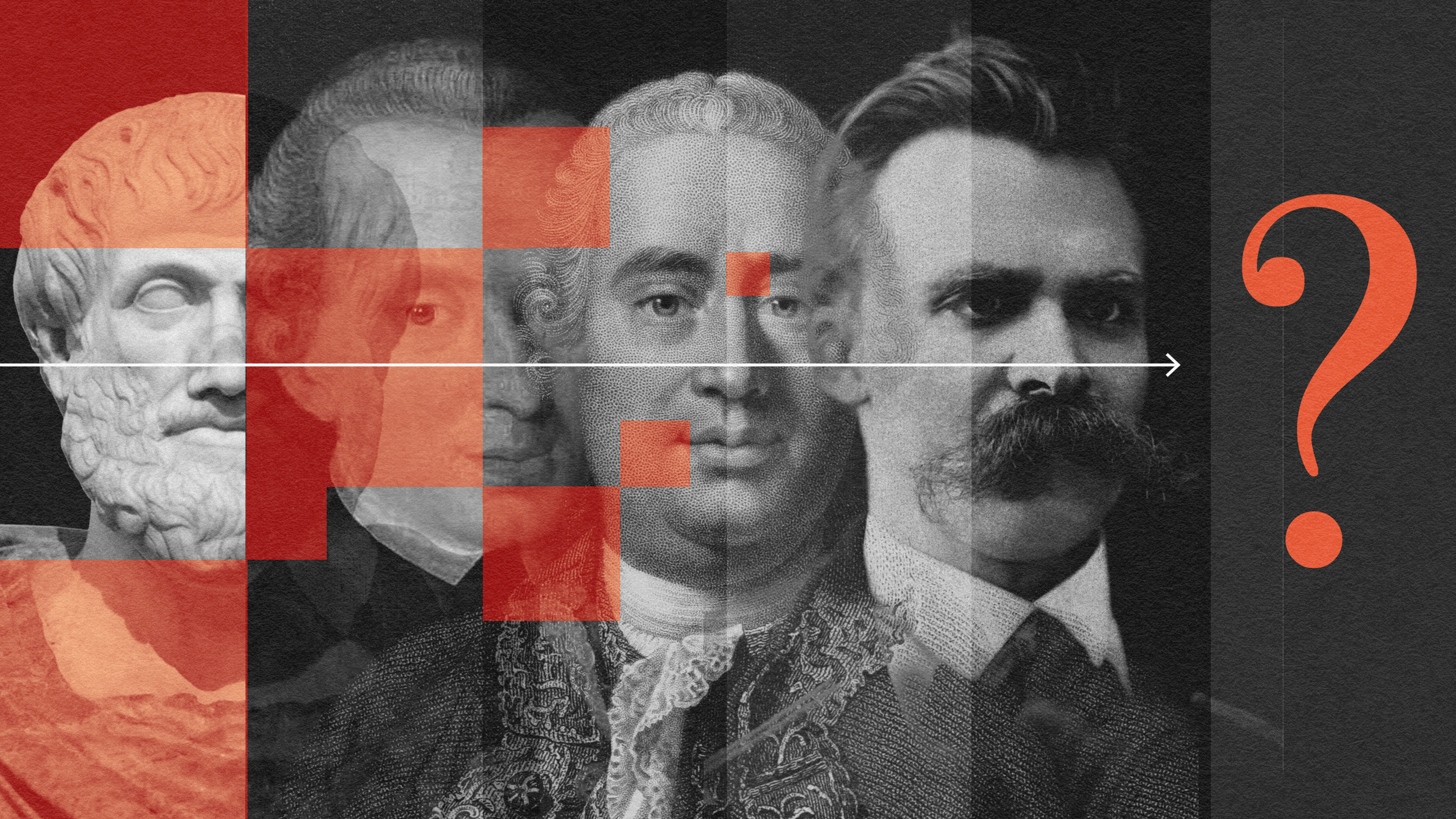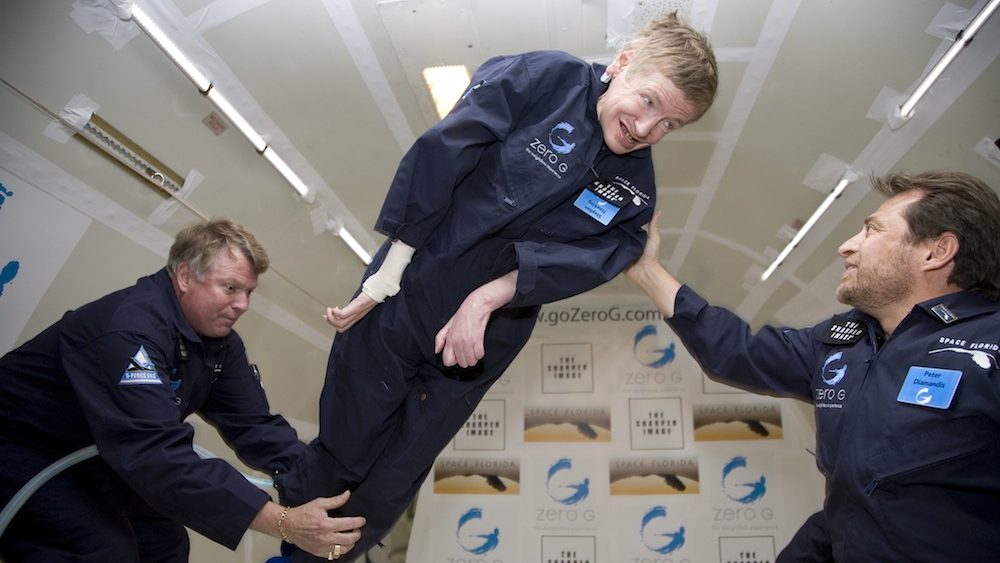“There’s always an opportunity to give money, if that’s an option,” says Mary Ellen Iskenderian. “But giving money is just not sufficient. You’ve got to really make sure that the people that you’re giving your money to are keeping their eyes on the things that really matter to you.”
Mary Ellen Iskenderian: I have been in the development world for far too long not to believe that an individual can have an enormous impact. And in coming to Women’s World Banking, I’d say the greatest privilege is that I meet, literally, daily, women who are clients, who are leaders of our institutions, the founders of our organizations, whose lives, if left to their own devices, would have gone in a very, very different path. But because of their commitment, their dedication, they’re seeing a wrong and not allowing it to stand, have made an enormous impact. I am a great believer in the individual’s impact and the individual’s impact on the system to change that system.
You know, there’s always an opportunity to give money, if that’s an option. But giving money is just not sufficient. You’ve got to really make sure that the people that you’re giving your money to are keeping their eyes on the things that really matter to you, and, if you are passionate about women’s empowerment, making sure that the organization that you’re supporting is paying particular attention to the things that might stand in women’s way. If there were a silver bullet, what would it be? What would you want to track? What is the intervention that does or doesn’t make a difference?
What we found is, if you have explicitly in your mission statement that you want to serve low income women, it’s really quite remarkable the number of indicators that you hit right on the money as they pertain to women. You know, it’s the old, “What gets measured gets done,” but that’s every bit as true with social mission as it is, you know, on the entirely commercial side.
And so, even in our network . . . we have 39 institutions in our network, 27 countries, all of them don’t have that explicit commitment to women. Everyone either wanted to alleviate poverty or, you know, they were very lofty missions. But it was the ones who specifically communicated, “We’re about serving women,” that then when they measured themselves against it, really were.
You know, philanthropy is wonderful, and we in the United States are the most generous people in the world. But being smart about what your money is actually out there doing, I think, is a real responsibility of the philanthropist.
Directed / Produced by
Jonathan Fowler & Elizabeth Rodd





